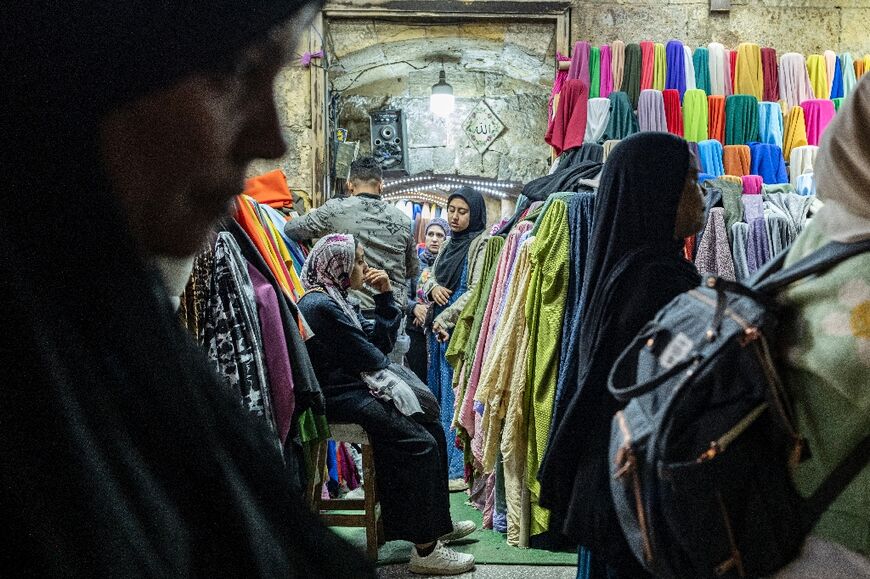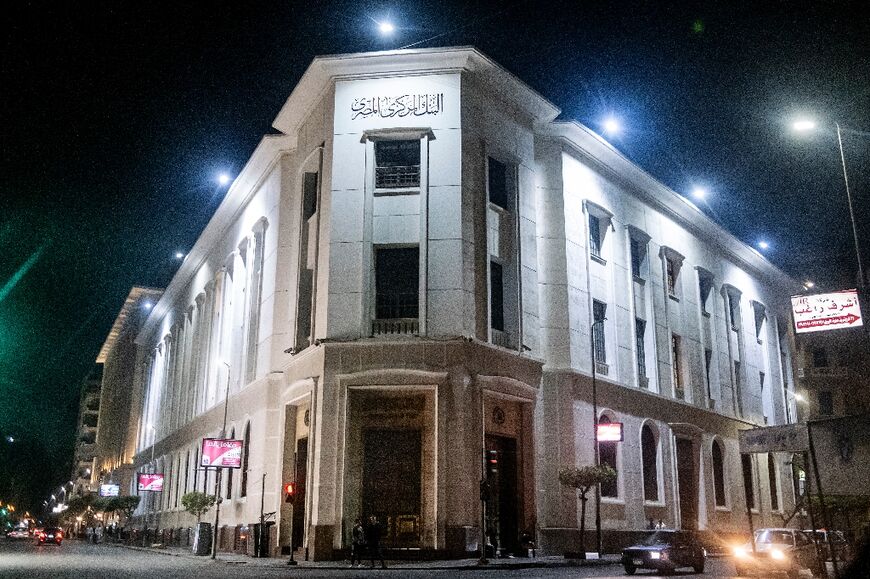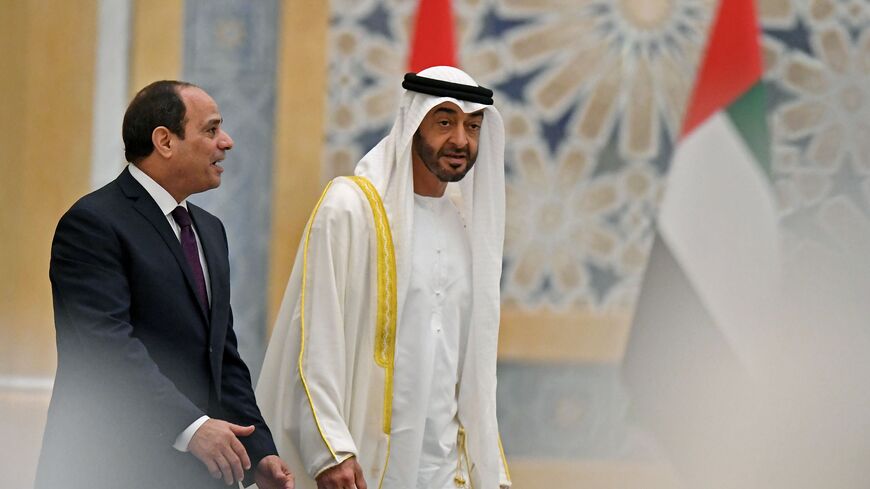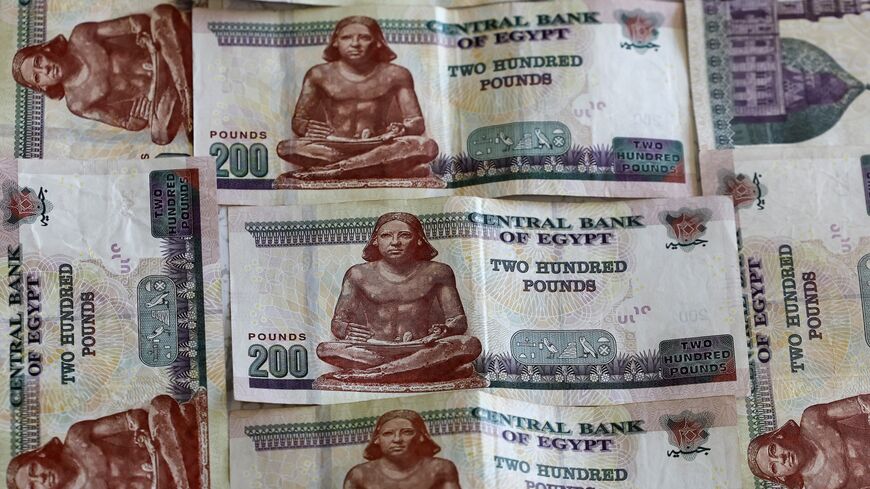Egypt secures extra $5 bn in IMF loans as pound plunges

Egypt secured an additional $5 billion in IMF loans on Wednesday, the two sides said, after the central bank hiked interest rates and allowed the pound to plunge by nearly 40 percent.
The Central Bank of Egypt's decision to raise the key deposit rate to a record 27.25 percent, in a move it said was to "fast-track the disinflation path", caught the market by surprise.
The bank also committed to "allowing the exchange rate to be determined by market forces", saying in a statement that it was "crucial" to unify the official and black-market exchange rates.
By the market's close on Wednesday, the pound was trading at a record low of around 50 to the US dollar, after more than a year of a stabilised official exchange rate of around 30.9 against the greenback.
Shoppers in Cairo voiced concern about the move, with one of them, Ezzat Hemaida, saying it "affects us in every way".
"Once the merchants knew the rate has changed, the prices rose immediately," he told AFPTV.
Egypt's Prime Minister Mostafa Madbouly and the International Monetary Fund said a deal had been signed to increase an IMF loan package from $3 billion to $8 billion.
The IMF's Egypt mission chief, Ivanna Vladkova Hollar, welcomed the measures, saying they were "decisive steps to move toward a credible flexible exchange rate regime".
She also said the move would "help increase the availability of foreign exchange", after months of severe shortages that caused a surge in the black-market rate and raised fears Egypt would be unable to service its massive foreign debt bill.
It was not immediately clear whether the bank would continue efforts to manage the pound's depreciation -- as it has repeatedly done in the past -- or if market forces would be entirely free to set a new unified exchange rate.
- UAE investment -
A fully flexible exchange rate and a tighter monetary policy were among the conditions set by the IMF, which for the past year has delayed its loan tranches and reviews.
Wednesday's announcement came with a staff-level agreement to ensure the combined "first and second reviews" of the loan, according to an IMF statement that did not specify a timeline.
Egypt had already devalued its currency three times in recent years.
But it had previously held back from fully floating the pound, citing concerns for the impact on Egyptians, two-thirds of whom live on or below the poverty line.
Analysts say Cairo has been emboldened to bite the bullet on exchange rate reform after the announcement late last month of $35 billion in foreign direct investment by the United Arab Emirates, which Hollar said "alleviates the near-term financing pressures".
Months of dire foreign currency shortages had caused the black-market rate to surge to 70 pounds to the dollar earlier this year, before dropping closer to the official rate after a first tranche of $15 billion was deposited by the UAE.
- Chronic inflation -
Since the most recent crisis began in early 2022, Egypt's economy -- almost entirely reliant on imported products or inputs -- has been buckling under chronic inflation, which reached a record high of nearly 40 percent last August.
The central bank described its move to hike interest rates Wednesday as an attempt to "accelerate the monetary tightening process in order to fast-track the disinflation path and ensure a decline in underlying inflation".
The bank also said "sufficient funding has been secured to avail foreign exchange liquidity", after fears Egypt would be unable to service its foreign debt after years of heavy borrowing.
Egypt's external debt has ballooned to $164.7 billion, and the cost of servicing it is expected to reach $42 billion this year. In February, the country's foreign currency reserves stood at $35.3 billion.
Egypt's economy, dominated by military-linked enterprises and for years focused on expensive infrastructure mega-projects, has been hit hard by a series of recent shocks.
The Ukraine war saw investors pull billions out of the country, while the cost of wheat and other imports surged.
Remittances from overseas Egyptian workers -- the main source of foreign currency -- slumped by as much as 30 percent in July-September 2023 alone, according to central bank figures.
And most recently, attacks by Yemen's Huthi rebels on Red Sea shipping have slashed vital Suez Canal fees by 40-50 percent.










